
How Regular Maintenance Can Prevent Costly TV Repairs: Tips from Experts
Our Latest Blog Blogs
Our Latest Blog
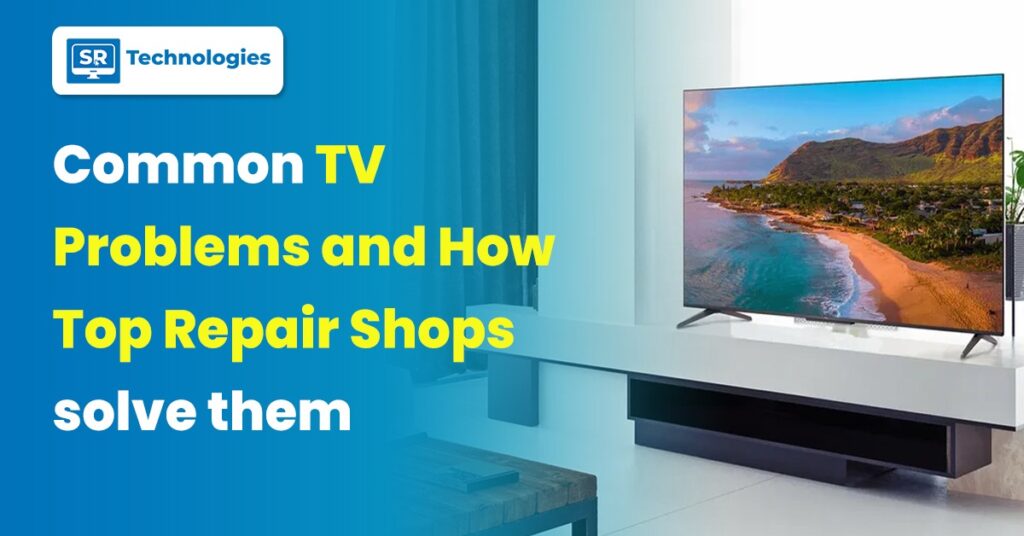
Common TV Problems and How Top Repair Shops Solve Them
Introduction In today’s digital age, the television is a central feature of most households. From catching up on news to binge-watching favorite shows, we rely on our TVs for daily..
READ MORE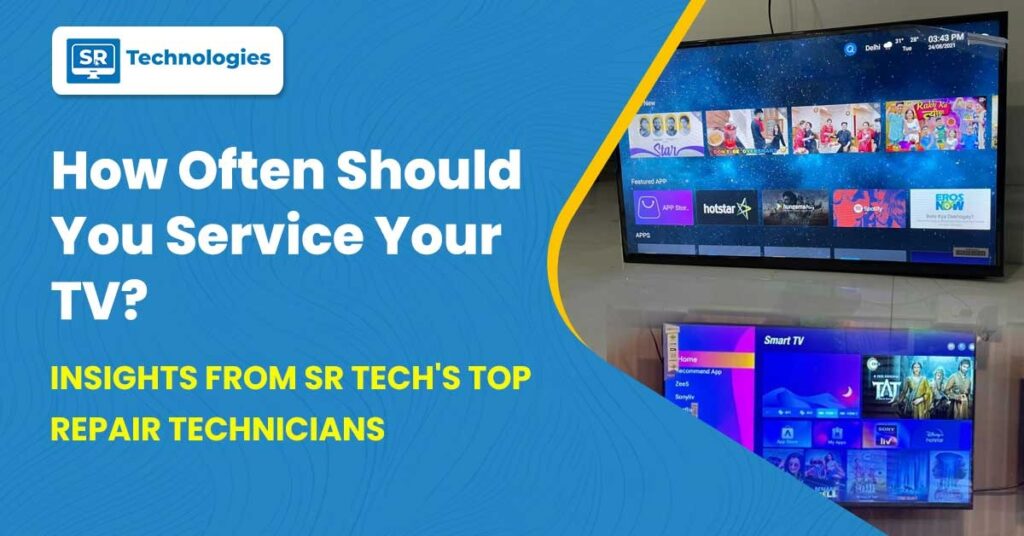
How Often Should You Service Your TV? Insights from SR Tech’s Top Repair Technicians
Introduction A TV is an essential part of most households, providing endless entertainment and keeping us connected to the world. However, like any other electronic device, TVs require proper care..
READ MORE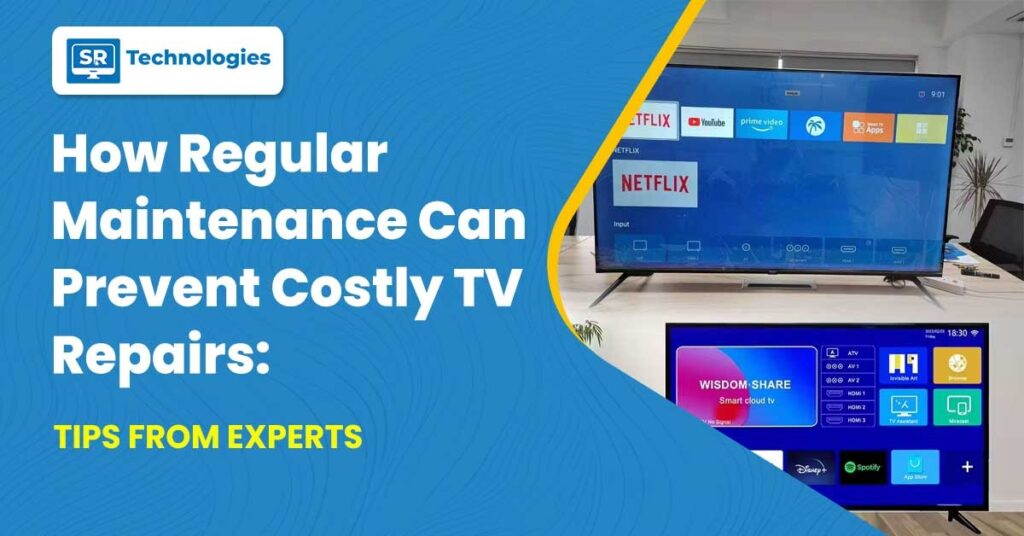
How Regular Maintenance Can Prevent Costly TV Repairs: Tips from Experts
Introduction Your TV is more than just a piece of technology—it's an essential part of your home, providing entertainment, news, and information. However, like any electronic device, TVs are..
READ MORE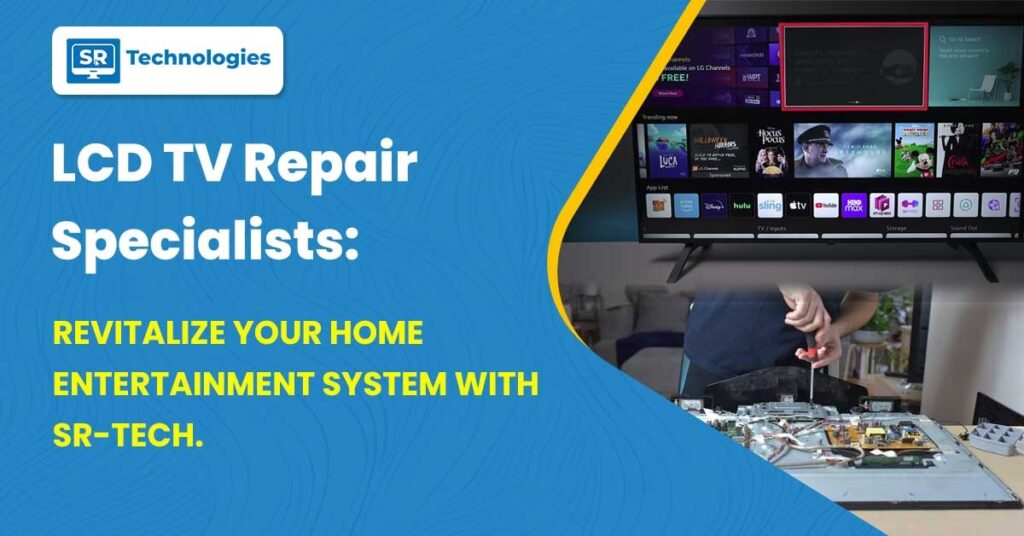
LCD TV Repair Specialists: Revitalize Your Home Entertainment System with SR-Tech
Your home entertainment system is a hub for relaxation and quality family time, and an LCD TV is often its centerpiece. However, like any other electronic device, it can..
READ MORE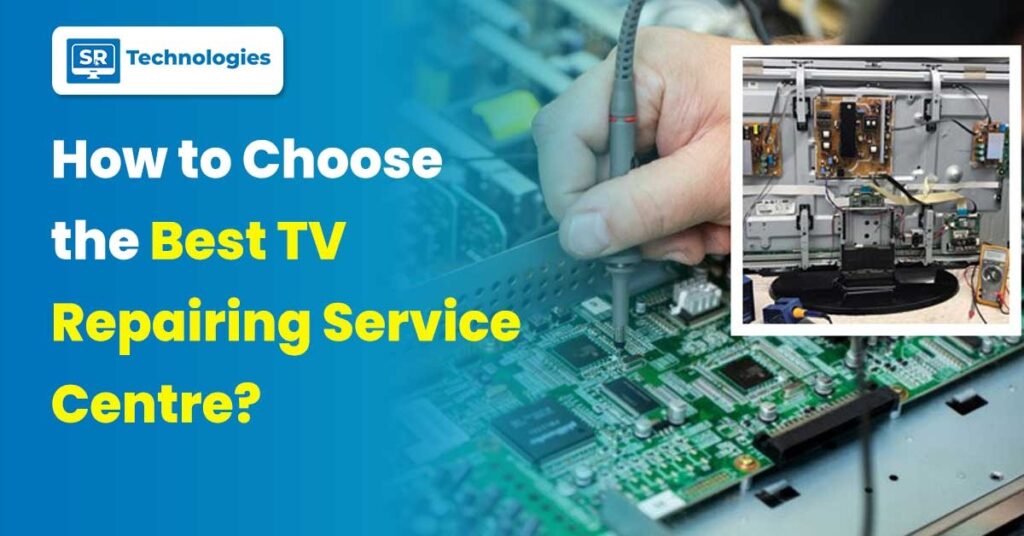
How to choose the Best TV Repairing Service Centre?
In today’s fast-paced world, a malfunctioning TV can feel like a significant inconvenience. Whether it’s a glitchy screen, distorted sound, or non-responsive remote, these problems disrupt your entertainment. For residents..
READ MORE
How to Diagnose and Solve Common TV Problems with Our Repair Services | SR Technology
Televisions are a major part of our daily entertainment. But what happens when your TV screen goes blank, or the sound starts acting up? Before you think about replacing it,..
READ MORE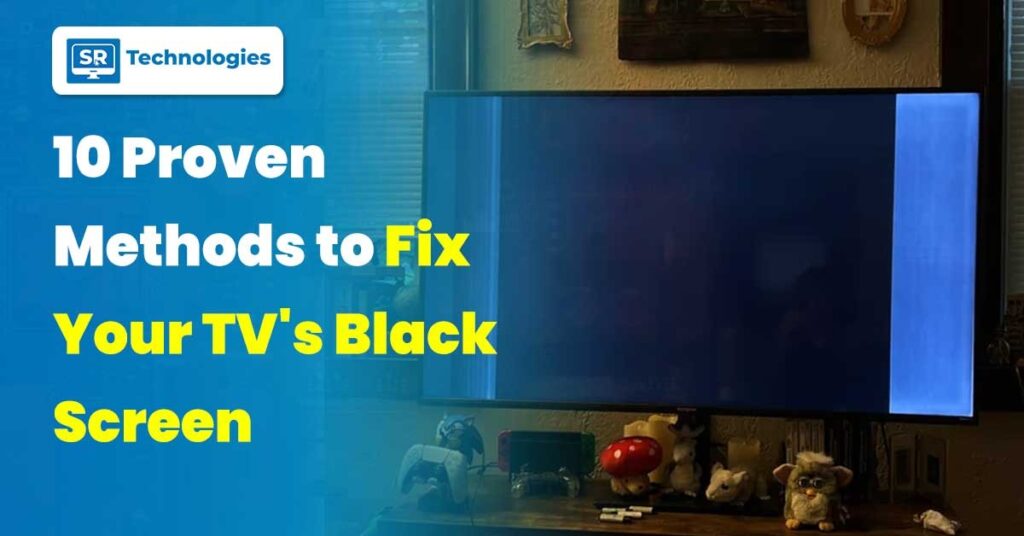
10 Proven Methods to Fix Your TV’s Black Screen
It becomes really frustrating if a black screen display appears on your television, especially when you are ready to lie back and enjoy your favourite show or movie. Fortunately, this..
READ MORE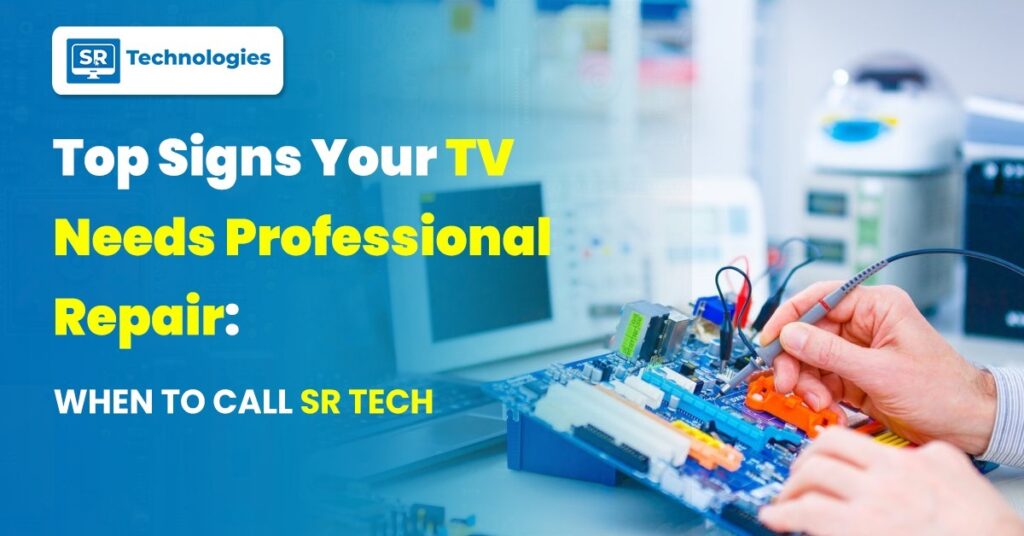
Top Signs Your TV Needs Professional Repair: When to Call SR Tech
Introduction Your television is often the centerpiece of your home entertainment system, providing hours of enjoyment and relaxation. But what happens when it starts acting up? Knowing the early warning..
READ MORE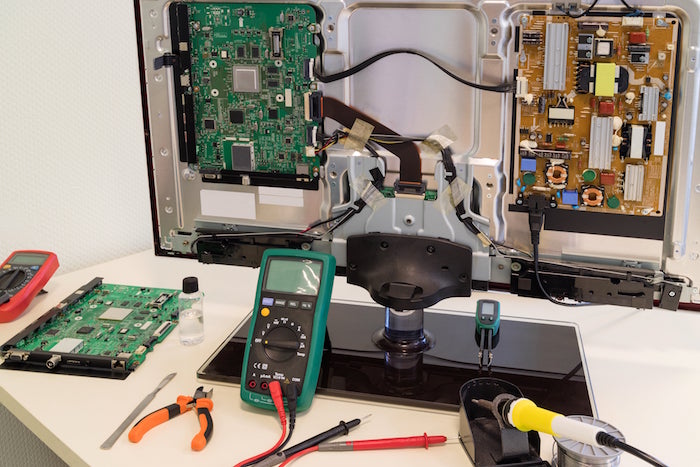
Expert TV Repair Services by SRTech in Kolkata
Your television is an essential part of your home entertainment system. When it breaks down, you need a repair service you can trust. SRTech, serving Kolkata and Howrah, offers expert..
READ MOREGet In Touch
- Phone +91 6289167134
-
Email
srtech.tvservices@gmail.com
- Location 1853/1182B/493B/233B, Hatkaliganj, Uluberia, Howrah, West Bengal 711315
Request a Callback
For further assistance you can fill the form and we will call you back.

